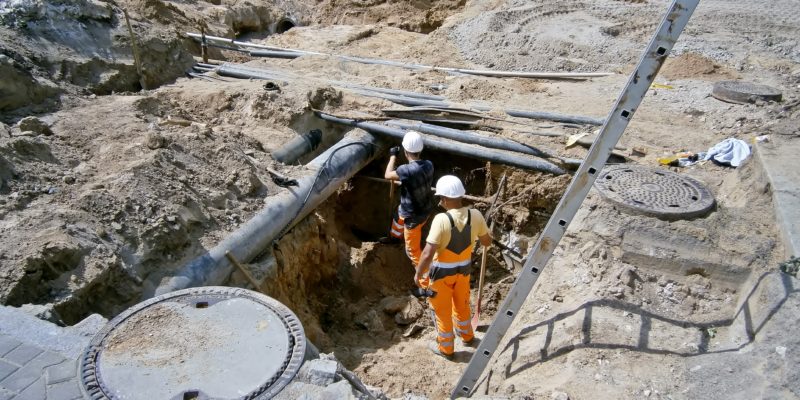Opponents of commonsense reform mislead with false cost figures
For Immediate Release
April 1, 2019
Last night, state leaders reached a budget agreement for fiscal year 2019 which unfortunately fails to include the proper definition of public works. Properly defining public works is a commonsense reform to apply anti-corruption protections and family-supporting prevailing wages to all construction projects which receive public assistance.
To protect taxpayers from wasteful spending and corruption, New York requires competitive and transparent public bidding by contractors on all public works construction projects. Unfortunately, a loophole in state law allows millions of taxpayer dollars to be spent without the anti-corruption and transparency demanded of traditional public work projects. Increasingly, economic development projects across the state fall through this loophole, allowing public money to bypass these safeguards as it goes to private interests. Closing the loophole by properly defining public work to include all projects supported with public money will provide much needed accountability and transparency in government spending.
The measure’s opponents successfully muddied the water by spreading misinformation to suggest it would result in “huge” increases in construction project costs. The truth is that defining public works would reward workers and taxpayers, not the wealthy and irresponsible contractors exploiting our flawed system. As per economists Frank Manzo, Alex Lantsberg, and Kevin Duncan, “the overwhelming majority of peer-reviewed research conducted over the last 15 years forms the consensus view that construction costs are not affected by prevailing wages.” Sixteen other states across the country apply a more comprehensive definition of public work, which apply middle-class prevailing wages. Unsurprisingly, the doomsday scenario of huge cost increases and less development, which opponents claim would befall New York, has not materialized in these other states.
While today’s state budget was a missed opportunity, the New York Foundation for Fair Contracting looks forward to when all taxpayer-funded construction goes to the lowest responsible bidders, not the most politically well-connected contractors. The NYFFC is a non-profit established to level the playing field in public works construction for the benefit of taxpayers, responsible contractors, and workers.

